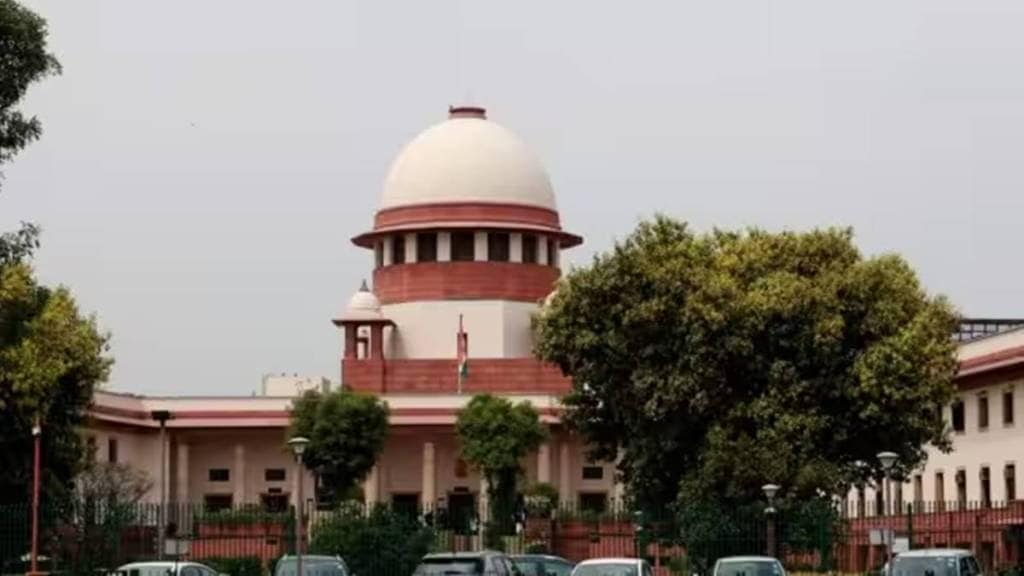Holding that making menstrual leaves for female employees may work to their disadvantage, the Supreme Court on Monday refused to hear a plea in this regard and directed the central government to engage in discussions with all relevant stakeholders and states to formulate a policy in this regard.
Hearing the plea filed by advocate Shailendra Tripathi, a bench of Chief Justice of India DY Chandrachud, Justice JB Pardiwala and Justice Manoj Mishra said that the matter is one of government policy and cannot be dealth with by courts. The bench then advised the petitioner to make its representation before the Union Ministry of Women and Child Development and requested the Secretary to look into the matter and see if a model policy can be framed.
CJI Chandrachud observed that while a model policy on menstrual leaves may encourage bigger women participation in the workforce, employers may also be discouraged from hiring women. “It’s a policy decision that can be attended to be the central and state governments,” the court said, adding that state governments were free to form policies in this regard on their own.
“We request the Secretary (Women and Child Development) to look into the matter at the policy level and take a decision after consulting all stakeholders and see if a model policy can be framed,” the court said in its directions.
CJI Chandrachud further observed that there was a view that mandating menstrual leaves may lead to employers not giving jobs to women. “How that leave encourages more women to be part of the workforce and mandating such leaves will lead to women being shunned from workforce… we do not want that. What we try to do to protect woman can act to their disadvantage. This is actually a government policy aspect and not for the courts to look into,” Justice Chandrachud said, according to Bar and Bench, and directed the petitioner to approach the Centre with its demand again.
Notably, this is the second time that the top court has refused to entertain a plea seeking menstrual leave for female students and employees across India. Even then, the Supreme Court had directed the petitioner to approach the Centre with its demand and reasoned that being a policy matter, the issue was best left for the executive to deal with appropriately.

